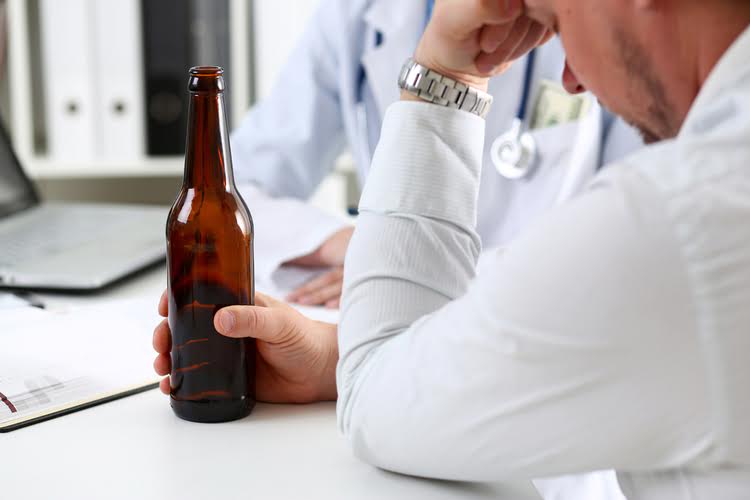Subscribe
to our newsletter
There are many different treatments that can help you during the process of overcoming an addiction, including medical and psychological approaches. There is no one “right” type of addiction treatment, although some approaches are better supported by research than others. As people move along the recovery path, they not only gain new skills, they also begin to view themselves differently. A shift toward a new positive identity occurs as they encounter themselves in a new light. Frequent intoxication and, more broadly, the addictive process often mean that people have violated their own values, morals, and standards.
After a return to old behaviors, people make a decision to resume their active strategies of coping, facilitating remission and recovery. Recovery from addiction is a developmental learning process, and people often stumble as they progress along a new and unfamiliar path. Experts at Wednesday’s community forum said education was key to removing the stigma around drug addiction and treatment, including medications such as Suboxone, which helps to block withdrawal symptoms and opioid cravings.
The facility, which he’ll call the Manie Daniels Centre, will house people living with addictions who are in remand — those who have been charged with a criminal offence but are awaiting trial in a provincial jail. He wanted to find a job that gave him purpose, reconnect with his family and break free from the cycle of substance use and incarceration that had dominated his life for 20 years. The group has released annual reports for more than a decade, which show states generally spend less than 5% of the tobacco money they receive on smoking prevention and cessation programs. The idea of such a trade-off comes from the 1990s tobacco settlement, when companies resolved lawsuits over the harms of cigarettes by agreeing to pay states billions annually for as long as they continued selling the product. Those suits aimed, in part, to recover health care costs for smoking-related illnesses.
The National Recovery Month webpage provides a host of resources that can be used to help promote the observance. Your brain interprets food as rewarding when you are hungry and water as rewarding when you are thirsty. But addictive substances like alcohol drug addiction recovery and drugs of abuse can overwhelm the natural reward pathways in your brain, resulting in intolerable cravings and reduced impulse control. SUD is a treatable, chronic disease that can affect people of any race, gender, income level, or social class.
He said the approach Kell is proposing is critical to any recovery program. “It’s at that point where intervention needs to happen. I don’t believe that sitting in a jail cell is going to do anything for a person who is suffering from substance-use disorder,” Kell said. “They are locked down most of the time, oftentimes there’s three inmates to a cell, and they’re simply being warehoused as opposed to being given the tools to overcome the cycle.”
This is sometimes referred to as medication-assisted treatment (MAT), and is mostly used to treat addiction to opioids, heroin, prescription pain relievers, and alcohol. Medication is typically used in combination with other treatment approaches, like therapy and self-care. For some people, committing to complete abstinence is not desirable or is too daunting a prospect before beginning treatment.
It’s also normal to feel conflicted about giving up your drug of choice, even when you know it’s causing problems in your life. Recovery requires time, motivation, and support, but by making a commitment to change, you can overcome your addiction and regain control of your life. This step-by-step guide can help you cope with cravings, deal with relapse, and overcome your substance use disorder.
